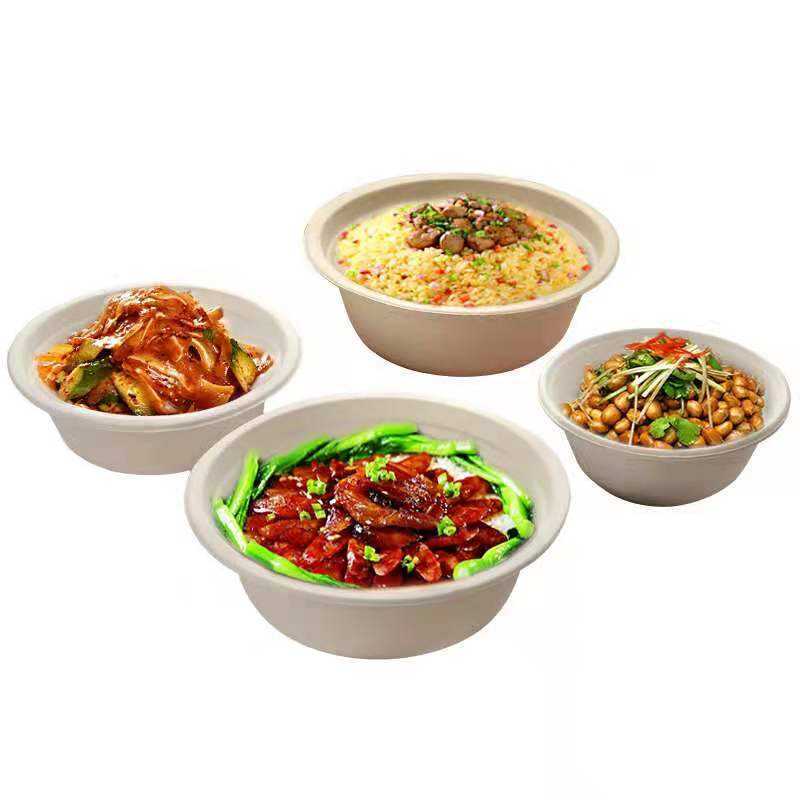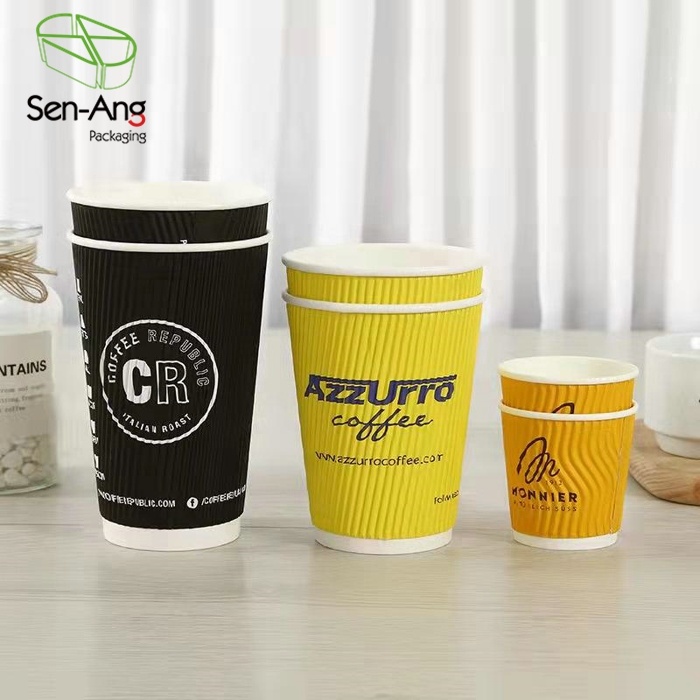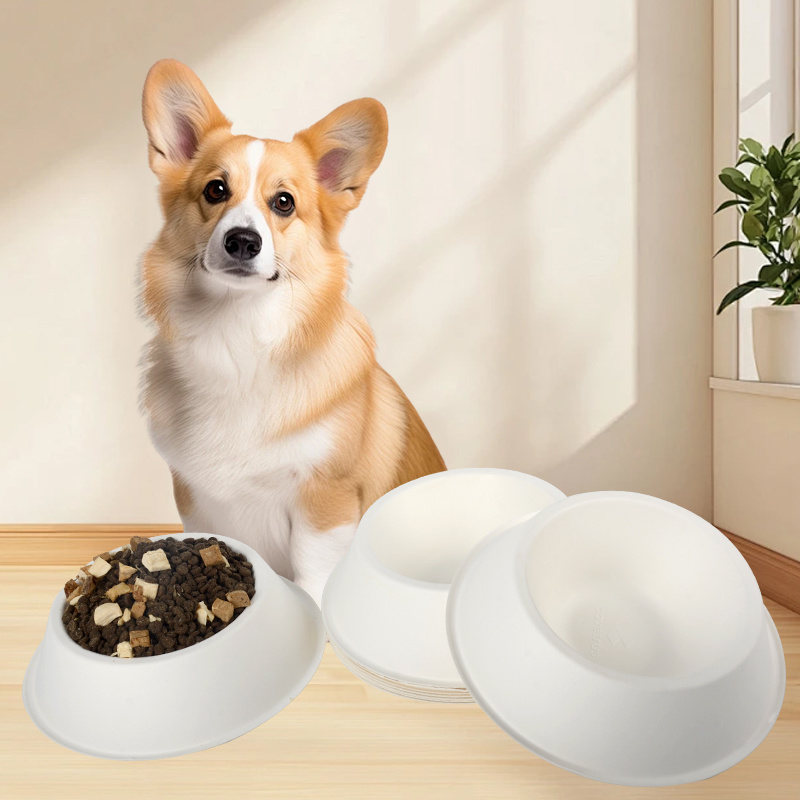NEWS
Biodegradable bagasse bowls: elegant and sustainable serving solutions
Release time:
Jul 25,2025
In today’s world of eco-conscious dining, there’s a growing demand for disposable tableware that doesn’t harm the environment. Among the many materials available, biodegradable bagasse bowls have emerged as a top choice for both practicality and sustainability.
What Are Biodegradable Bagasse Bowls?
Bagasse is the fibrous residue left after extracting juice from sugarcane. Once considered agricultural waste, it is now repurposed into 100% biodegradable and compostable products. Bagasse bowls not only reduce waste but also offer a natural, rustic charm, making them ideal for serving snacks, desserts, appetizers, and more.
These bowls are sturdy, microwave-safe, and suitable for both hot and cold foods. If you’re looking for an elegant yet environmentally friendly serving option, bagasse bowls check all the boxes — eco-friendly, functional, and beautifully designed.
Exploring Eco-Friendly Materials for Disposable Tableware
When choosing sustainable tableware, you’ll come across various materials. Here's a quick guide to some of the most common eco-friendly options:
Sugarcane (Bagasse): A byproduct of sugarcane processing, bagasse is compostable, biodegradable, and completely plant-based.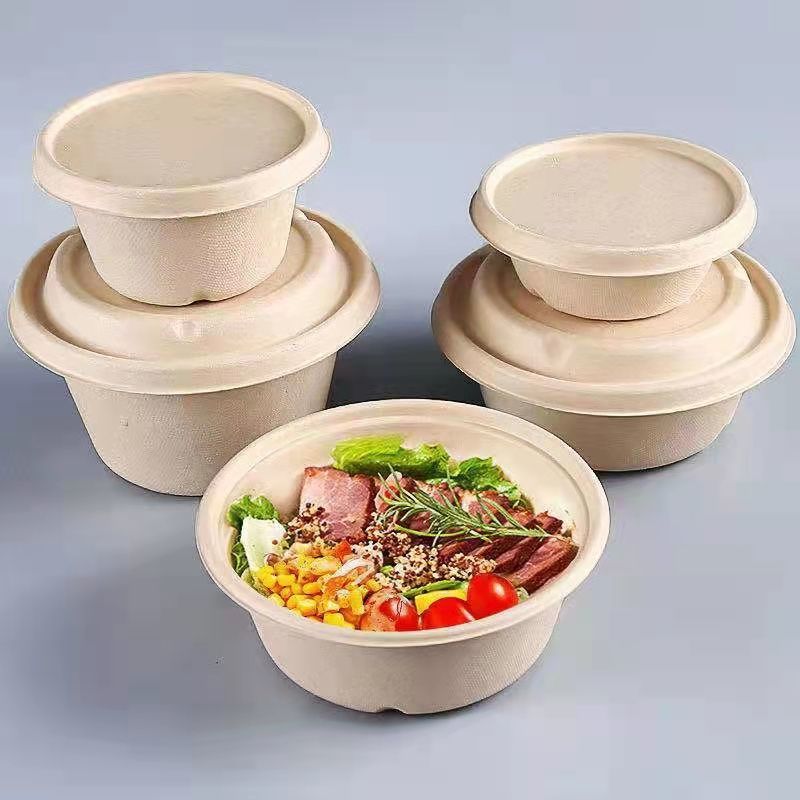
Bamboo: Known as the fastest-growing plant on Earth, bamboo grows rapidly with minimal water and no need for pesticides. It’s a popular choice for cutlery and plates.
Palm Leaves: Harvested from naturally fallen leaves without cutting down trees, palm leaf tableware is fully biodegradable and stylish.
Wood: Renewable and biodegradable, wood offers a natural look and feel, ideal for utensils and trays.
Paper and Cardboard: Cost-effective and recyclable, these materials are widely used in food packaging and make a solid alternative to plastic.
Cornstarch (PLA): When processed into polylactic acid (PLA), cornstarch becomes a compostable plastic substitute. It’s durable, though not heat-resistant.
Are Eco-Friendly Products More Expensive?
A common misconception is that eco-friendly tableware always costs more. While sustainable materials and ethical production methods can lead to higher prices, that’s not always the case.
Eco-conscious companies often invest in higher quality raw materials, pay fair wages, and adopt greener manufacturing practices — all of which contribute to a slightly higher cost. However, as green products gain popularity and scale up in production, prices have become more competitive.
Bagasse bowls are a perfect example of affordable sustainability. Despite being fully biodegradable and compostable, they are cost-effective alternatives to plastic and available in a variety of shapes and sizes to suit different serving needs.
If you're seeking a disposable tableware option that aligns with your environmental values while maintaining functionality and style, biodegradable bagasse bowls are an excellent choice. With increasing global awareness of plastic pollution, adopting sustainable products like these is not just a smart move — it's the right one.

 English
English Русский язык
Русский язык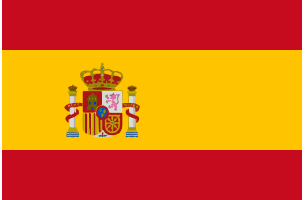 Español
Español
